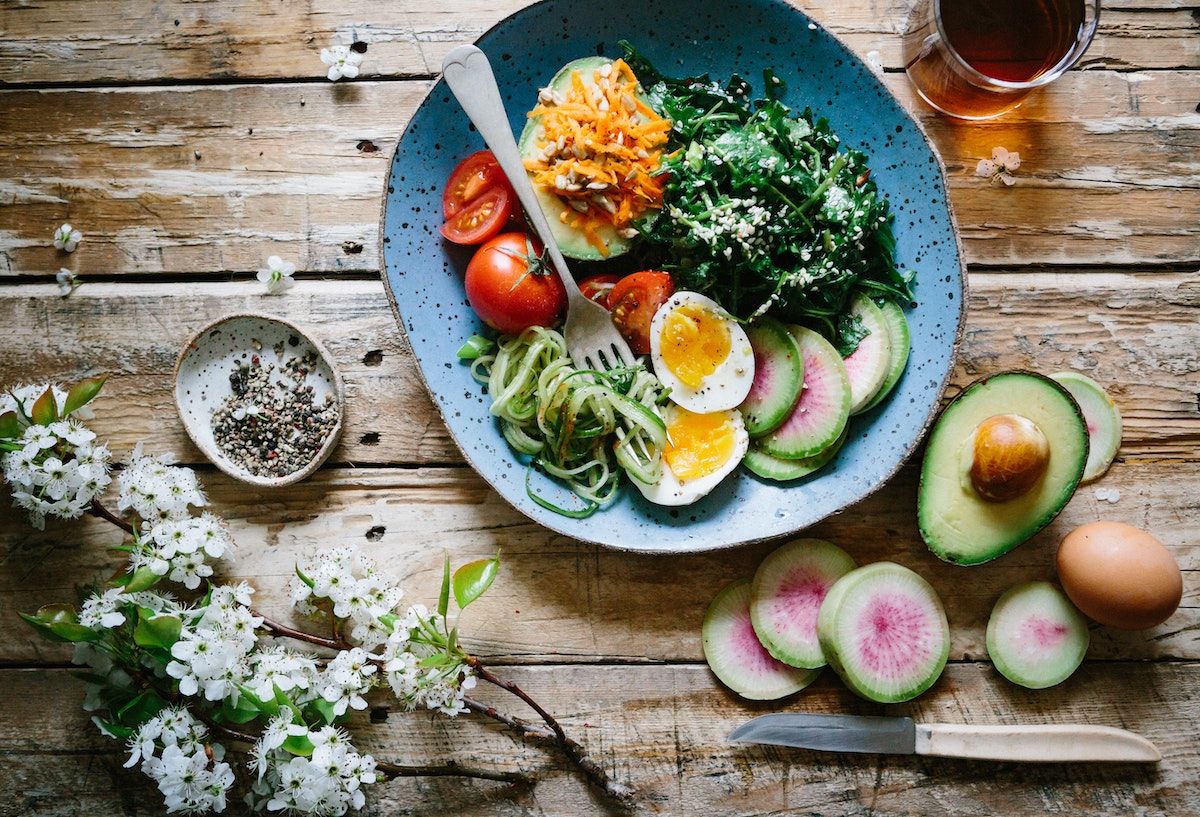

· By Keryce Henry
The Best Anti-Estrogen Foods That May Reduce Breast Cancer Risk
Despite breast cancer being one of the most common types of cancer to affect women, there’s no one proven method that can completely prevent it. However, there are ways to reduce your risk of developing breast cancer, especially through your diet.
One of the primary reasons for the spread of breast cancer cells is estrogen binding to receptors on the surface of cancerous cells. This is why hormone therapy may be recommended for breast cancer patients to reduce their estrogen levels, thus reducing the likelihood of the hormone’s interaction with receptors.
There are foods that can have this same effect, too. Adding anti-estrogen foods to your diet may decrease your levels of estrogen, reduce its production, and block it from binding to estrogen receptors on cancer cells. These include cruciferous vegetables, fiber, citrus fruits, and more. Adding the following antiestrogens to your daily diet could help reduce the risk of breast cancer developing or recurring.
Quick disclaimer: Always confirm with your doctor before making changes to your diet.
Adding anti-estrogen foods to your diet may decrease your levels of estrogen, reduce its production, and block it from binding to estrogen receptors on cancer cells.
Soy
Soy and soybean-based foods such as tofu and edamame were once thought to increase estrogen levels, since they contain chemicals called phytoestrogens that act similarly to estrogen. (“Phyto” means it comes from plants.) However, when phytoestrogens bind to estrogen receptors, they don’t behave the same way that estrogen does. Instead of causing cancer cells to spread, phytoestrogens prevent proliferation by blocking estrogen from binding to the receptors. Plus, they shut down the enzymes that create estrogen, thus allowing soy to work as an antiestrogen.
If you’re looking to add soy to your diet in order to boost antiestrogens, be sure to use whole food sources instead of supplements, as they have not been proven to have the same effects.
Citrus Fruits
In general, fruits and vegetables are often recommended for reducing the risk of breast cancer because they help with weight management, which is vital for preventing the cancer’s recurrence. But citrus fruits may be able to take things a step further. Fruits like oranges, lemons, and grapefruits contain phytochemicals that can act as antiestrogens and target estrogen receptors, preventing the growth of cancer cells.
Cruciferous Vegetables
Packed within cruciferous veggies are phytochemicals that block the production of estrogen, allowing them to be an effective addition to an anti-estrogen diet. This group of vegetables includes kale, broccoli, cauliflower, Brussels sprouts, and arugula.
You know how some of these veggies have a distinctive smell? That’s from a compound that can kill cancer cells, making them even more appealing for those who seek to reduce their risk of breast cancer through their diets.
Fiber works in the gut to improve the elimination of waste, including excess estrogen.
Flaxseeds
Flaxseeds are a tiny food that pack a powerful punch when it comes to anti-estrogen properties. They contain lignins, a type of phytoestrogen similar to the ones found in soy that also blocks estrogen receptors in order to reduce the risk and growth of breast cancer.
There are also studies that link high levels of lignins in breast cancer patients to longer survival.
Fiber
In addition to lignins, flaxseeds also contain impressive amounts of fiber, which has antiestrogen properties. Fiber works in the gut to improve the elimination of waste, including excess estrogen. It can bind to estrogen, preventing the hormone from binding to estrogen receptors and leading to the development of breast cancer.
While you can get fiber from some of the foods mentioned above, getting a sufficient amount isn’t the easiest. The FDA recommends that women get 25 grams of fiber daily, but only five percent of people get all the fiber that they need. Fiber supplements can help compensate for the gap between the amount of fiber you’re getting and the amount you need. Considering that many fiber supplements brands contain artificial ingredients, opt for an all-natural option like Bellway, which is made with psyllium husk fiber and fruit, and is safe to take daily.
As you would with any supplement, be sure to check with your doctor before adding fiber supplements to your daily routine.
